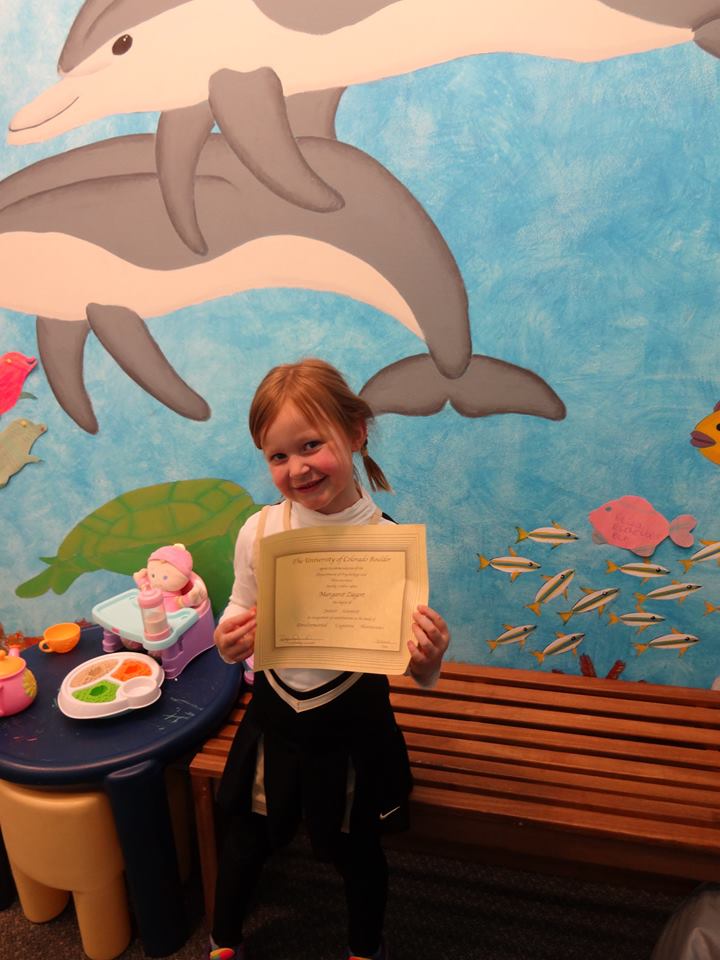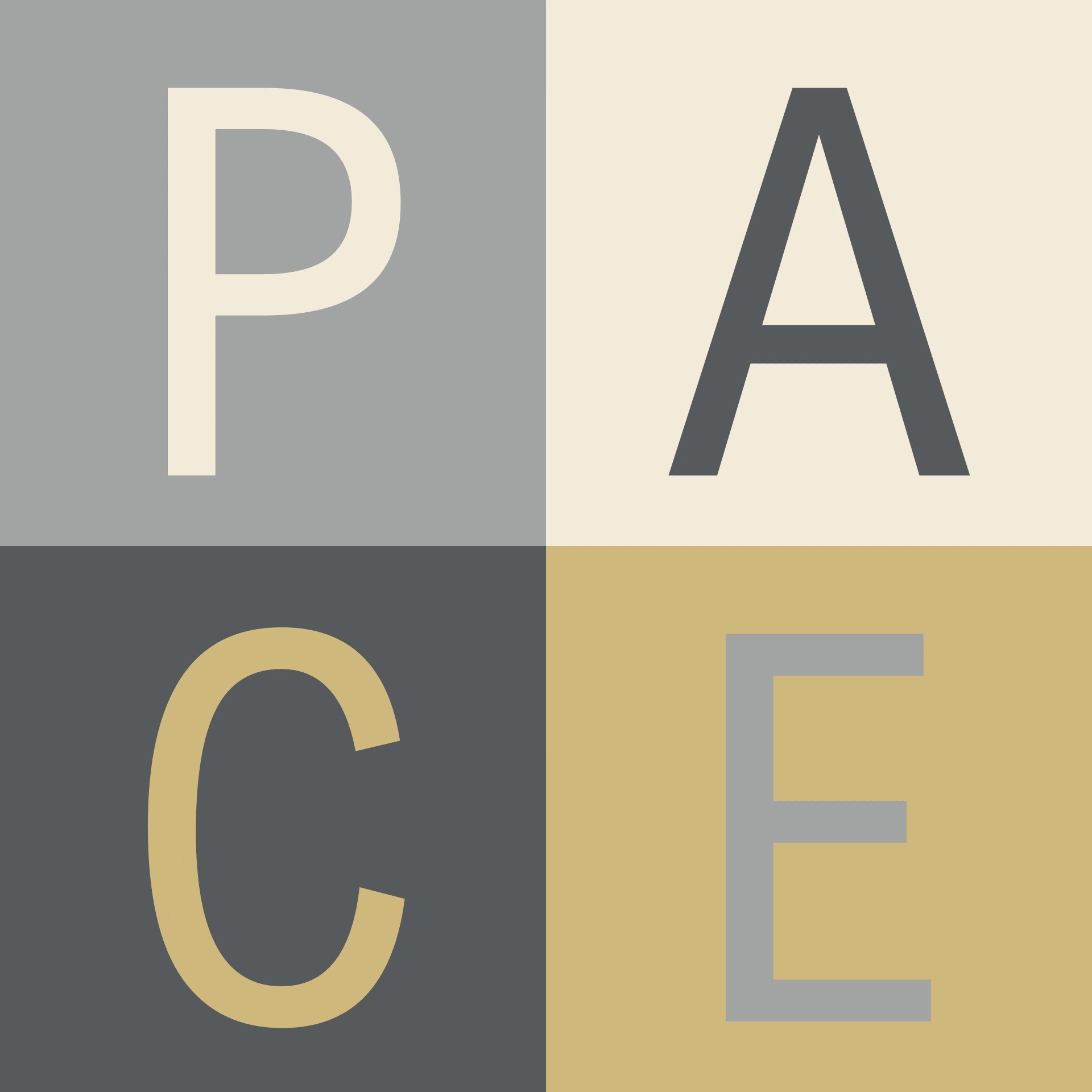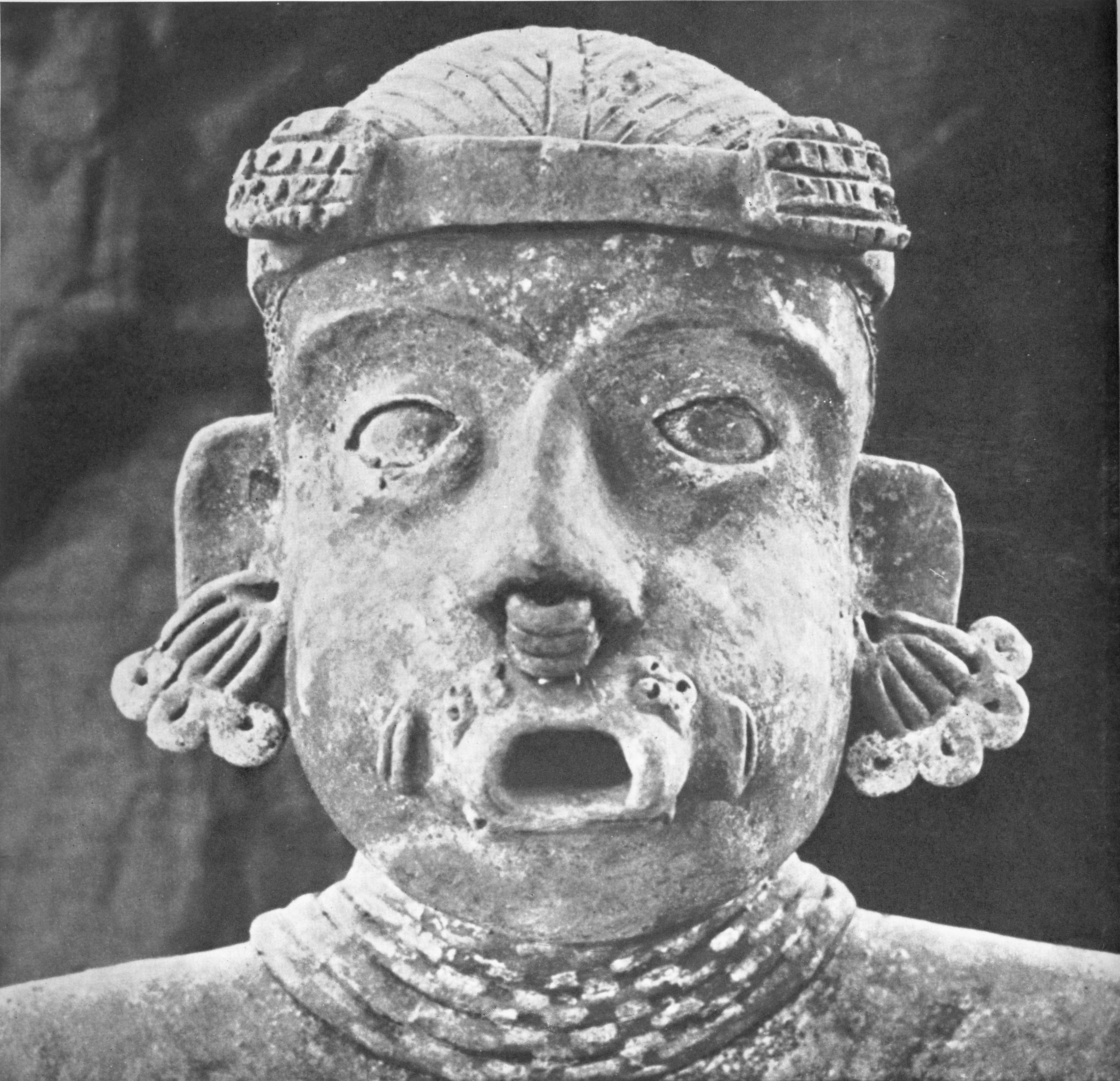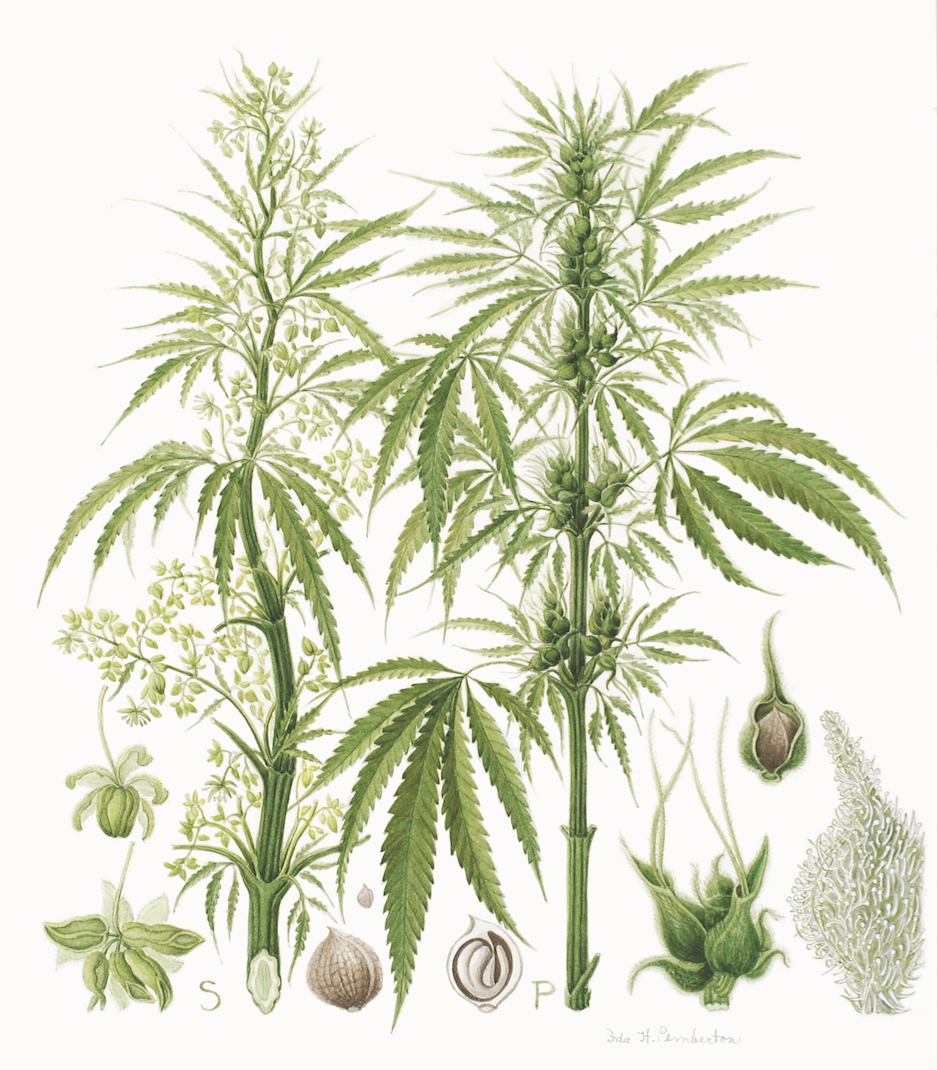Need to increase your cardio? Participate in a research study!

Reason for this study: The goal of this research is to help researchers identify strategies people can use to change their experience of cardiovascular exercise.
What you will do:
- One laboratory session including: survey, fitness test, learning a strategy and 30-minute supervised exercise session
- Two weeks of exercise on your own while filling out short daily surveys
- One survey at the end of the study
Compensation:
- $10 for the laboratory session
- $1 per day for filling out daily surveys (up to $14)
- $5 for the follow-up survey
Who can be in the study:
You should be between the ages of 18 and 40. You should not be doing regular cardiovascular exercise; this study is for people who do not frequently exercise right now. You should be willing to start a cardiovascular exercise program that involves walking, hiking, jogging or running. You should not have any health problems that prevent you from exercising safely.
Please email us at gillmanresearch@gmail.com if you would like to be in the study (please leave your email and a phone number), or you can go directly to our screening form to learn more and see if you are eligible to be in the study.







